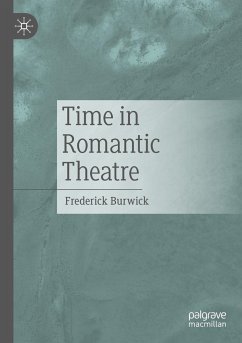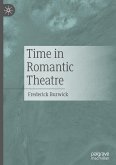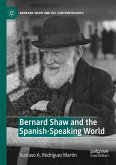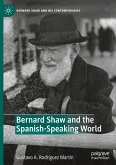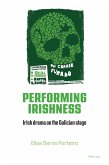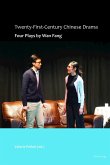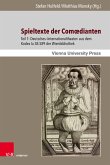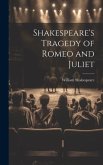The shift in temporal modalities of Romantic Theatre was the consequence of internal as well as external developments: internally, the playwright was liberated from the old imperative of "Unity of Time" and the expectation that the events of the play must not exceed the hours of a single day; externally, the new social and cultural conformance to the time-keeping schedules of labour and business that had become more urgent with the industrial revolution. In reviewing the theatre of the Romantic era, this monograph draws attention to the ways in which theatre reflected the pervasive impact of increased temporal urgency in social and cultural behaviour. The contribution this book makes to the study of drama in the early nineteenth century is a renewed emphasis on time as a prominent element in Romantic dramaturgy, and a reappraisal of the extensive experimentation on how time functioned.
Bitte wählen Sie Ihr Anliegen aus.
Rechnungen
Retourenschein anfordern
Bestellstatus
Storno

